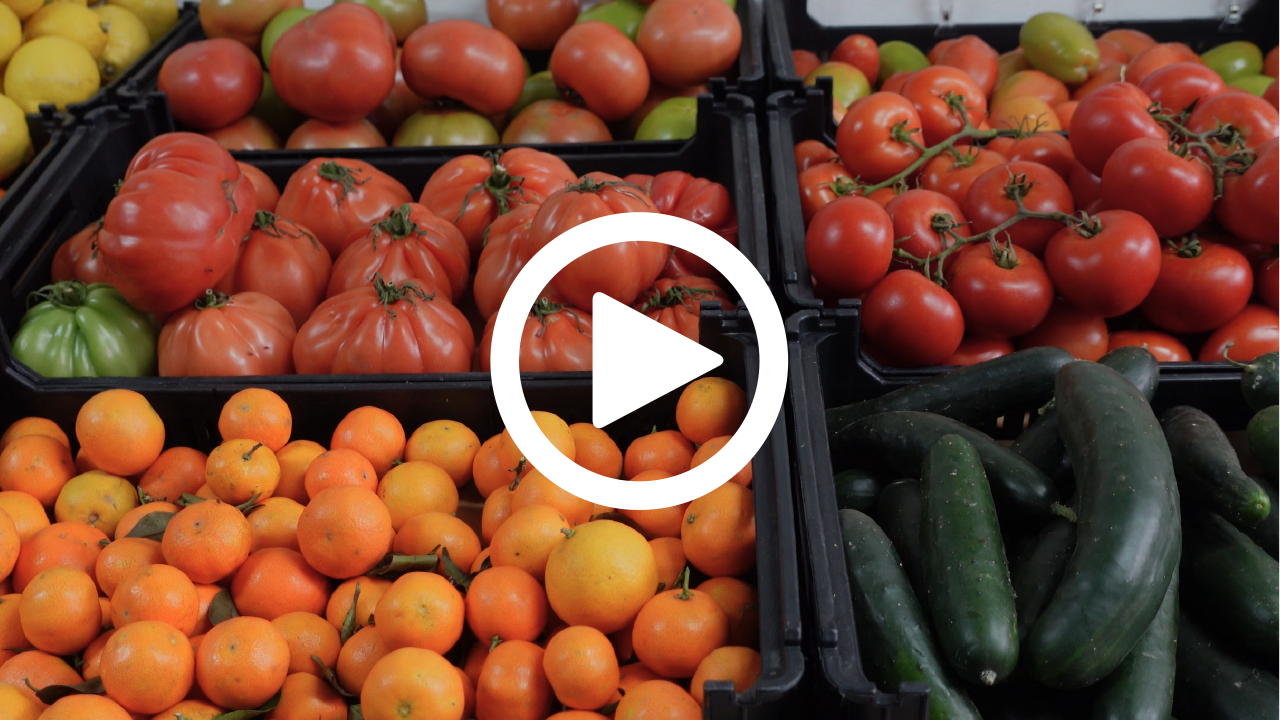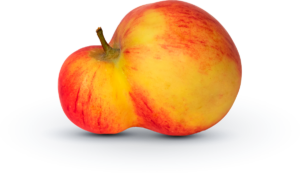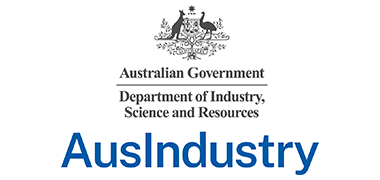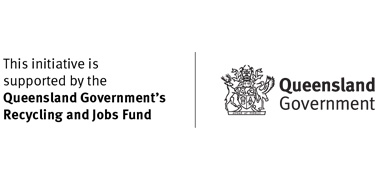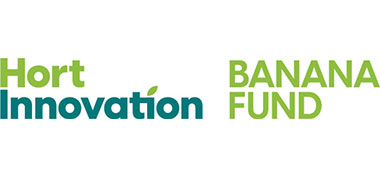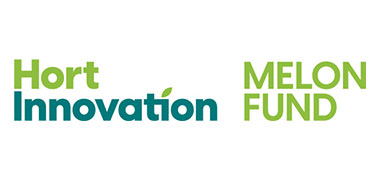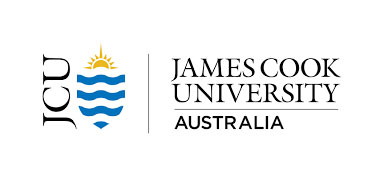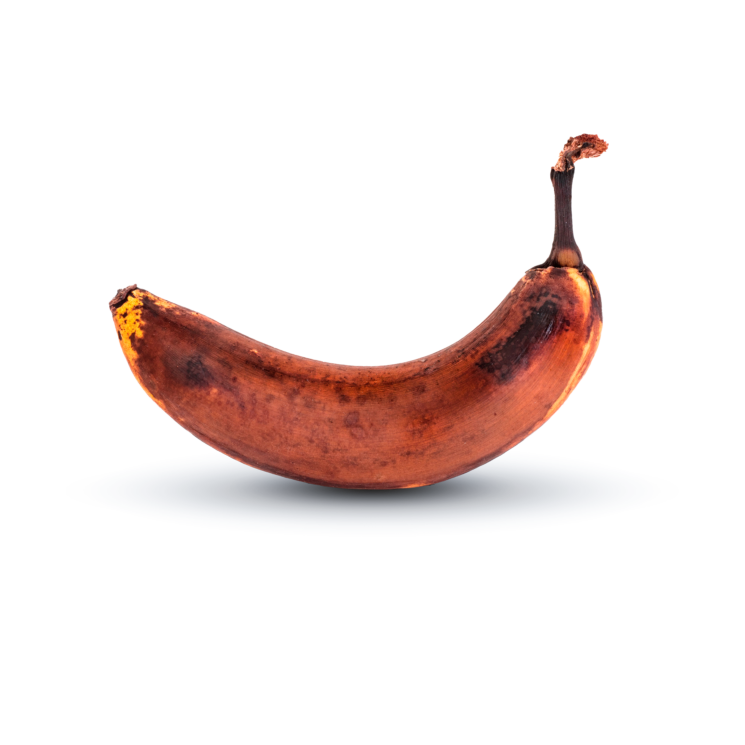
NEW ACTION PLANS TO TACKLE FRUIT & VEGETABLE FOOD WASTE
Fruits and vegetables are Australia’s most wasted foods. More than three million tonnes of fruit and vegetables go to waste every year in Australia – enough to fill the Melbourne Cricket Ground to the brim five times. New action plans pinpoint priority actions to reduce fresh produce food waste in Australia.
